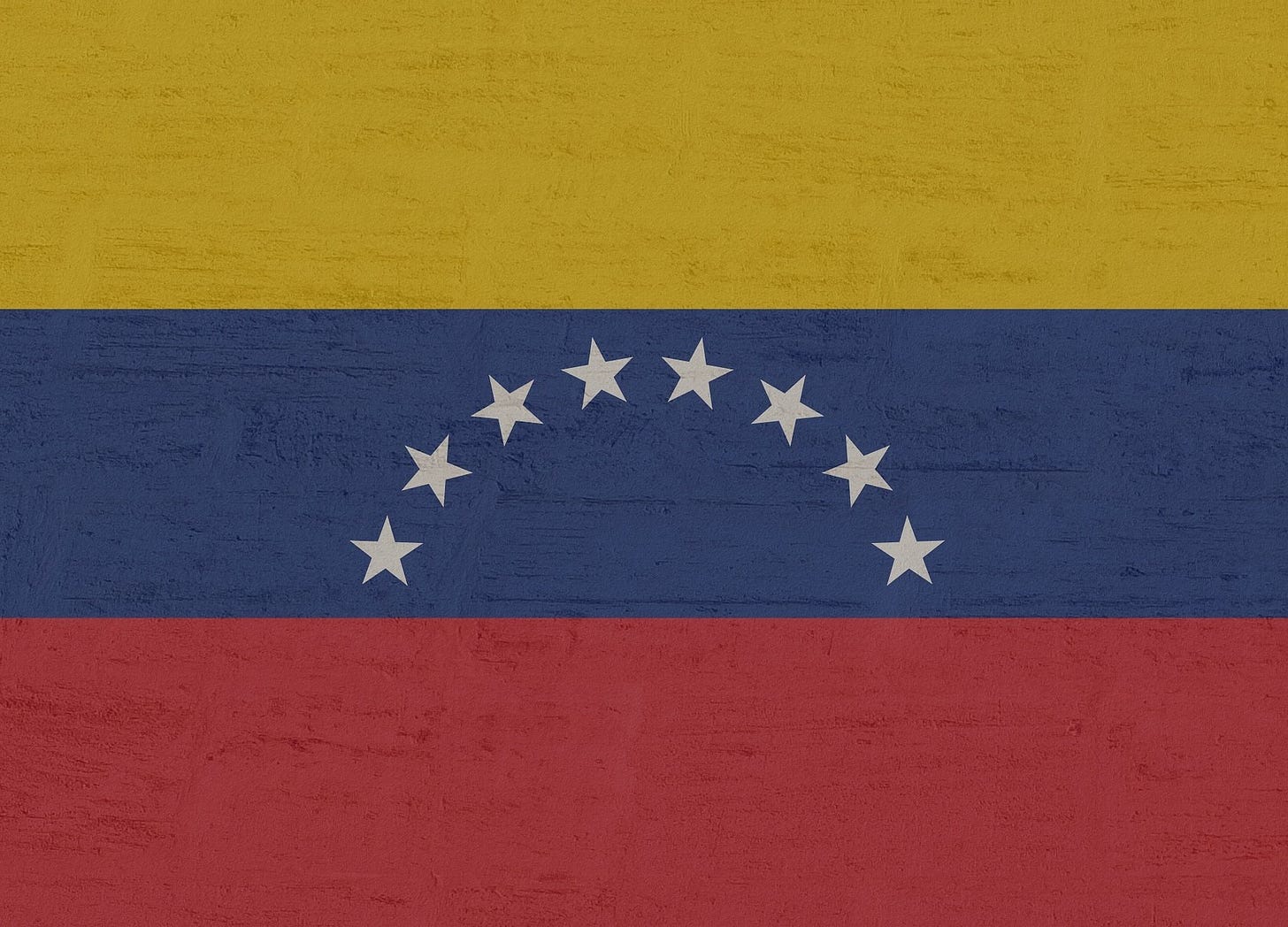How is Venezuela's democratic crisis impacting Latin American regional politics?
#83: With Silvana Amaya and Theodore Kahn
Welcome to The Hundred! If you would like to support our work, you can order Marcel’s new book, How Tyrants Fall: And How Nations Survive. The Economist recommends it as one of the best books of the year. If you’re in Europe, the book is available right now. In the US, it will be published in just five days.
On July 28 2024, Venezuelan president Nicolás Maduro won a third consecutive term in what was widely seen by independent observers as a fraudulent election. Most European countries and the United States recognized opposition leader Edmundo González as the country’s president-elect while others, including China, Cuba, Iran, North Korea, and Russia, recognized Maduro as the winner. But what have the election results, and the democratic crisis that followed, meant for Latin America’s regional politics?

Venezuela’s democratic crisis has intensified the ideological divide in Latin America, where a rise in both left- and right-wing populism is reshaping regional politics. This polarization is impacting trade, economic cooperation, and social policies, creating challenges for businesses and citizens alike. The potential for a new migration crisis is adding further strain, testing the region’s institutions and ability to respond collectively. As countries lean toward ideological loyalty over unified action, this division is complicating responses to shared issues and threatens the stability of a region where populist agendas often overshadow democratic principles and cooperation.

Venezuela’s political crisis has divided Latin American politics at the regional level and within countries. In addition to escalating diplomatic spats, the issue is fueling already persistent polarization in domestic politics and exposing underlying challenges to democracy. These dynamics will persist ahead of a string of major elections in 2025-26. In Brazil and Colombia, critics on the right have stoked fears that left-wing presidents Lula and Petro will attempt to emulate Maduro’s tactics to entrench themselves in power. However implausible, these claims will resonate among a segment of voters and create fertile ground for conspiracy theories and electoral disputes.
Further reading:
Venezuela: The Rise and Fall of a Petrostate, Council on Foreign Relations, Diana Roy and Amelia Cheatham
Venezuela crisis in brief, BBC, Vanessa Buschschlüter
Venezuela’s Crisis Is Polarizing Latin America’s Politics, Americas Quarterly, Theodore Kahn
That’s it for The Hundred. Please share this post with friends and colleagues if you found it interesting. To support the project, subscribe.




